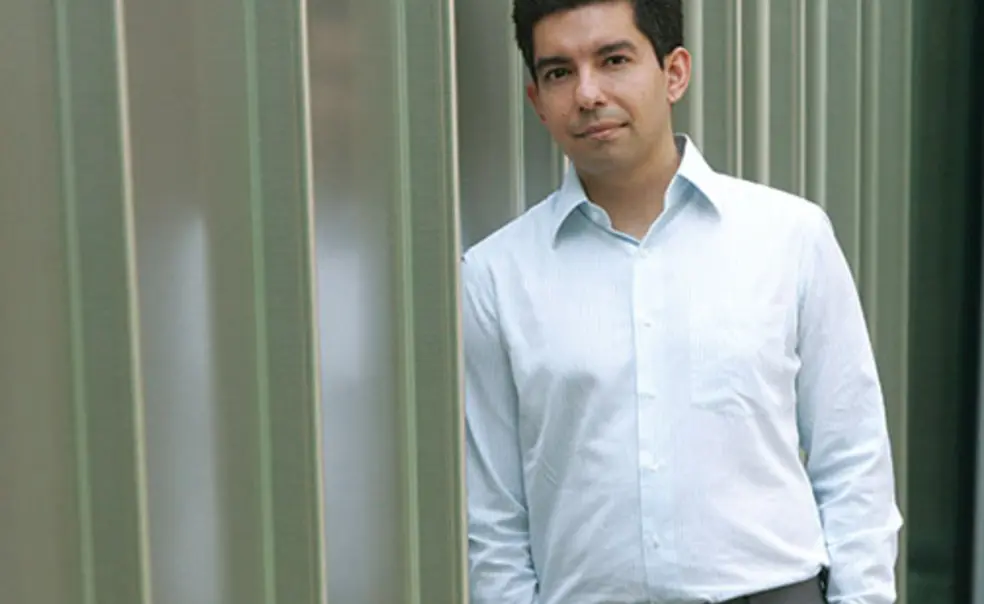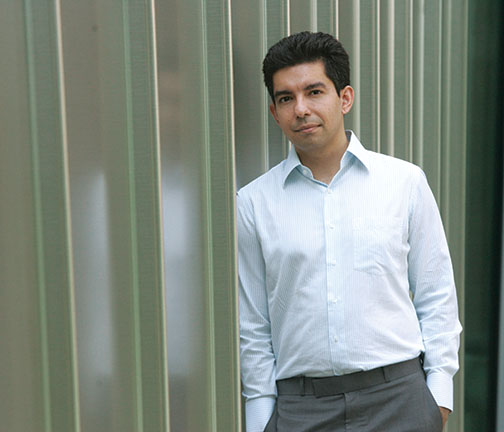Does state secrecy threaten the interests of the American people?” asks Rahul Sagar, an assistant professor of politics, in his new book, Secrets and Leaks: The Dilemma of State Secrecy. As Sagar makes clear, it’s not a new question. The Founders considered secrecy a necessary tool of diplomacy: George Washington even described it as “characteristic of good government.”
But the tension between state secrecy and the people’s right to know has escalated, and the security tools of our post-9/11 world have come to include secret prisons, rendition, and drone strikes — tactics that many Americans find deeply troubling.
Sagar’s research focuses on moral dilemmas in democratic practice; he recently began work on a book about “decent regimes” that argues for respecting regimes that “may not be fully liberal or democratic, but which provide more stability and well-being than a democratic regime can under troubled conditions.” He became interested in state secrets while an undergraduate at Oxford, researching India’s decision to launch a nuclear program. A senior official in the Indian government told him, “Everything you need to know is right here [in this folder], but I can’t show it to you.” He arrived at Harvard to begin graduate work three days before 9/11, wanting to explore the legitimacy of state secrecy.
In a democracy, don’t people have a right to know what’s being done in their name? Sagar says that from a practical standpoint, this question is something of a Catch-22: It’s impossible to police what you don’t know is happening, as both Edward Snowden and Bradley Manning have argued. While Sagar says he feels sympathy for both men, he believes they have done the country great harm.
He identifies three “threshold conditions” that must exist to justify leaks: The disclosure must “(a) concern an abuse of public authority; (b) be based on clear and convincing evidence; and (c) not pose a disproportionate threat to public safety.” He also says the leaker must use “the least drastic means” to draw attention to the abuse, and must disclose his or her identity to allow the public to examine motives.
Over the 15 years he has worked on this topic, Sagar’s ideas about state secrecy have changed. “I was really angry at Bush for Guantánamo,” he says, noting that President Obama has continued many of the same practices. The more he interviewed security officials, the more he understood how difficult their task was. “What looks like wrongdoing from the outside might actually be part of a very complicated game being played.”













No responses yet